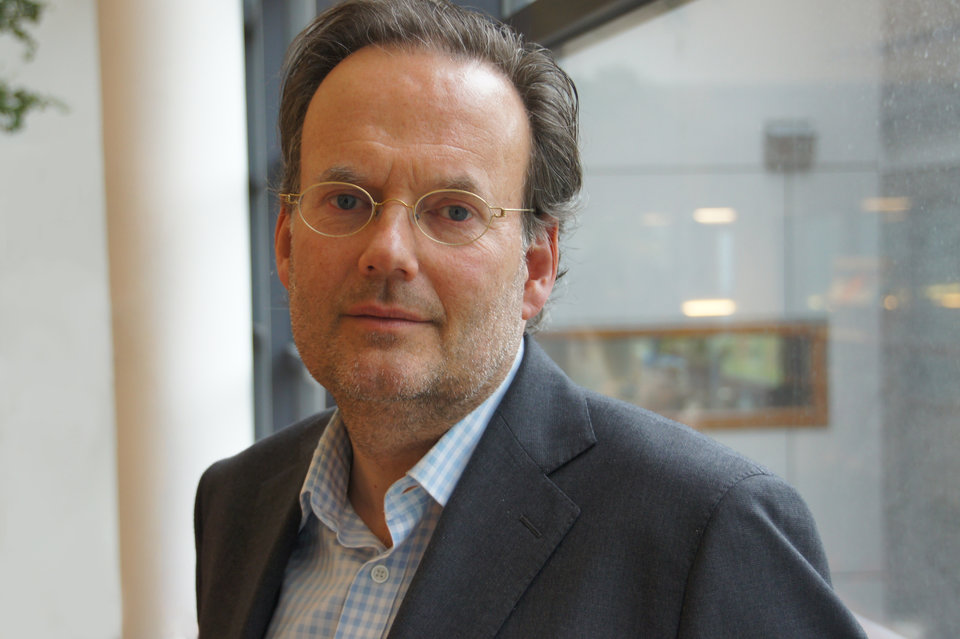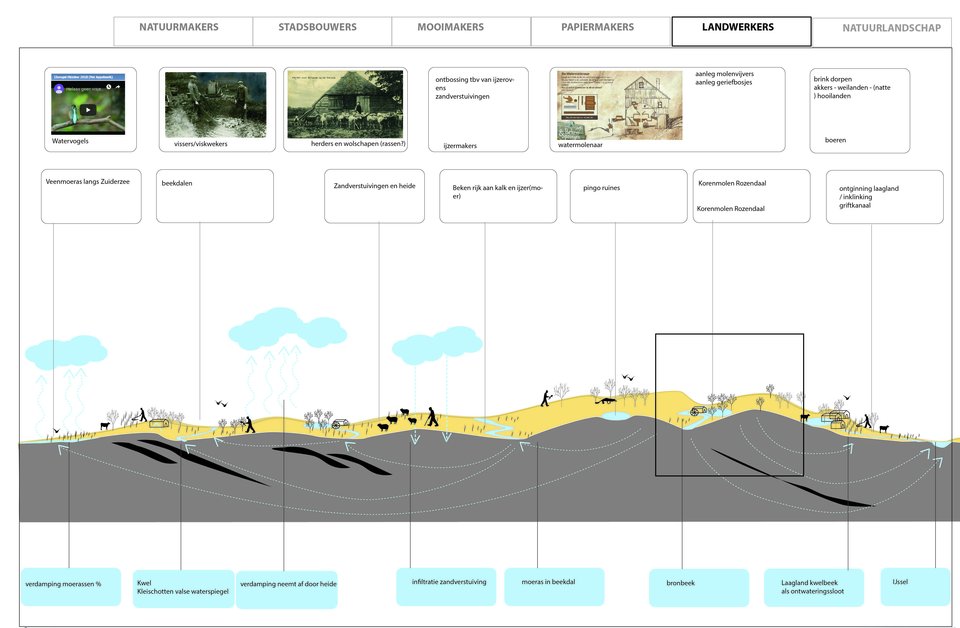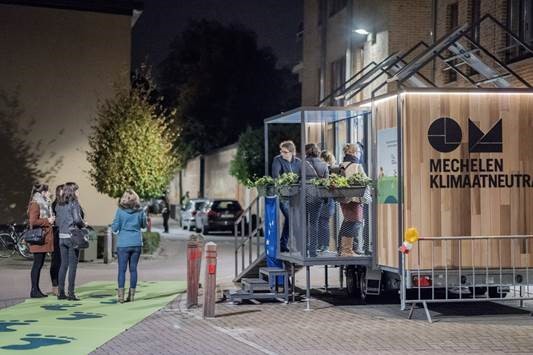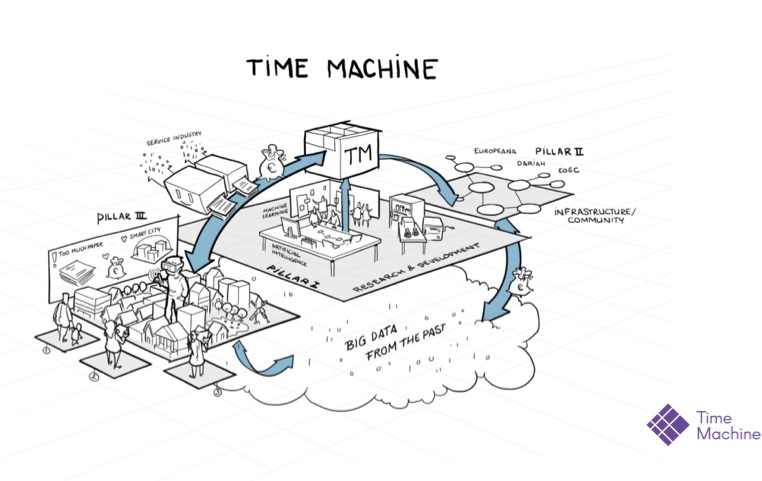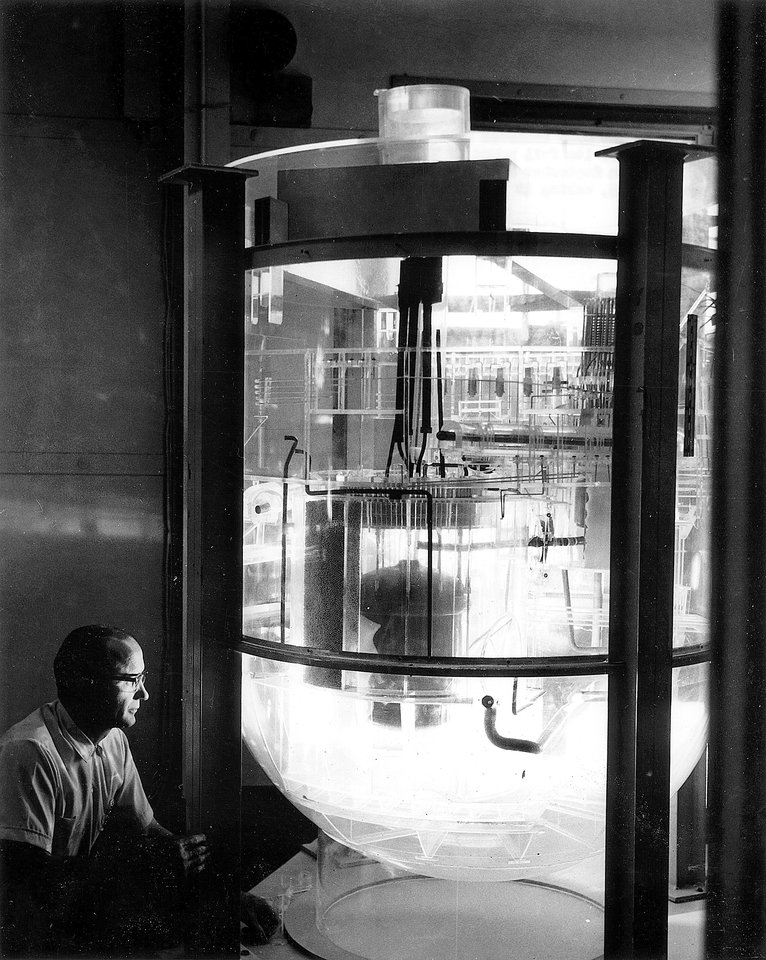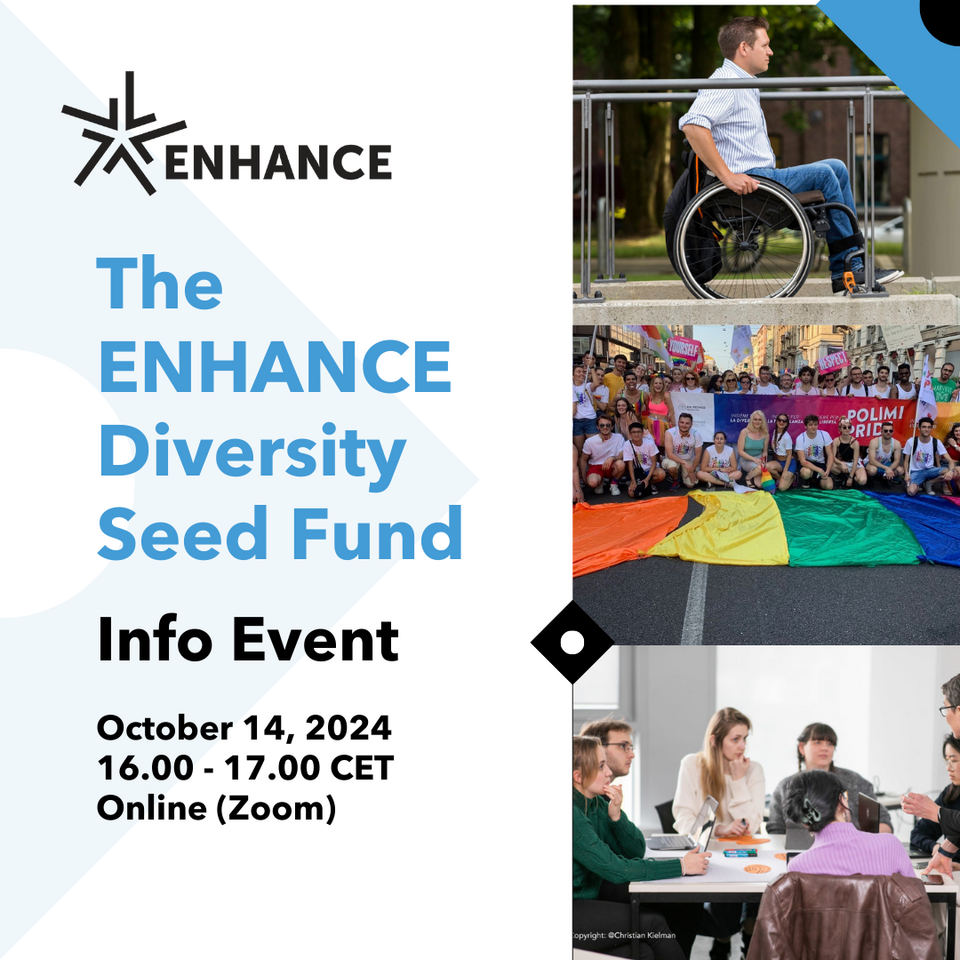Intelligent Promo Generation
Promo and trailer production are expensive and labor-intensive tasks in media industry. Recently, content-based video summarization has found its way to the field of computer vision and deep learning that can greatly reduce the human effort for this task. Most effective methods in this regard are relying on deep learning approaches, i.e., learning effective video representations directly from raw video frames, without hand crafting them for the summarization task. Deep learning frameworks are known to be data hungry, which require an immersive annotated data for the training procedure. Collecting annotated video for training deep networks is yet another labor-intensive task that should be limited for cheap automatic promo production. The common solution to avoid the annotation costs is to use the pretrained network on existing labeled datasets. Nevertheless, the performance of the pre-trained networks deteriorates gracefully when the properties of the test videos drifts away from that of the training videos. In this project, we aim at quantifying/modeling the visual domain disparity for the video summarization task by means of real data that is provided by our private partner (RTL). This can be effectively done by evaluating the existing deep learning approaches, that are trained and tested on public video datasets, directly on RTL video collections. Moreover, the evaluation of video summarization task is hardly objective due to its complex nature (human reasoning is required). We benefit from the expertise of our industrial partner to develop a framework for instrumental measure of the quality of summarized video content. Facts Funder: NWO & RTL news Programme: KIEM Overall budget: € Grant amount: 1 year (0.3 FTE) employment Role TU Delft: Host Institute Project duration: January 2020 - January 2021 TU Delft researchers: Dr. Seyran Khademi Visit the project website Contact Dr. Seyran Khademi +31 15 2788433 s.khademi@tudelft.nl 0
